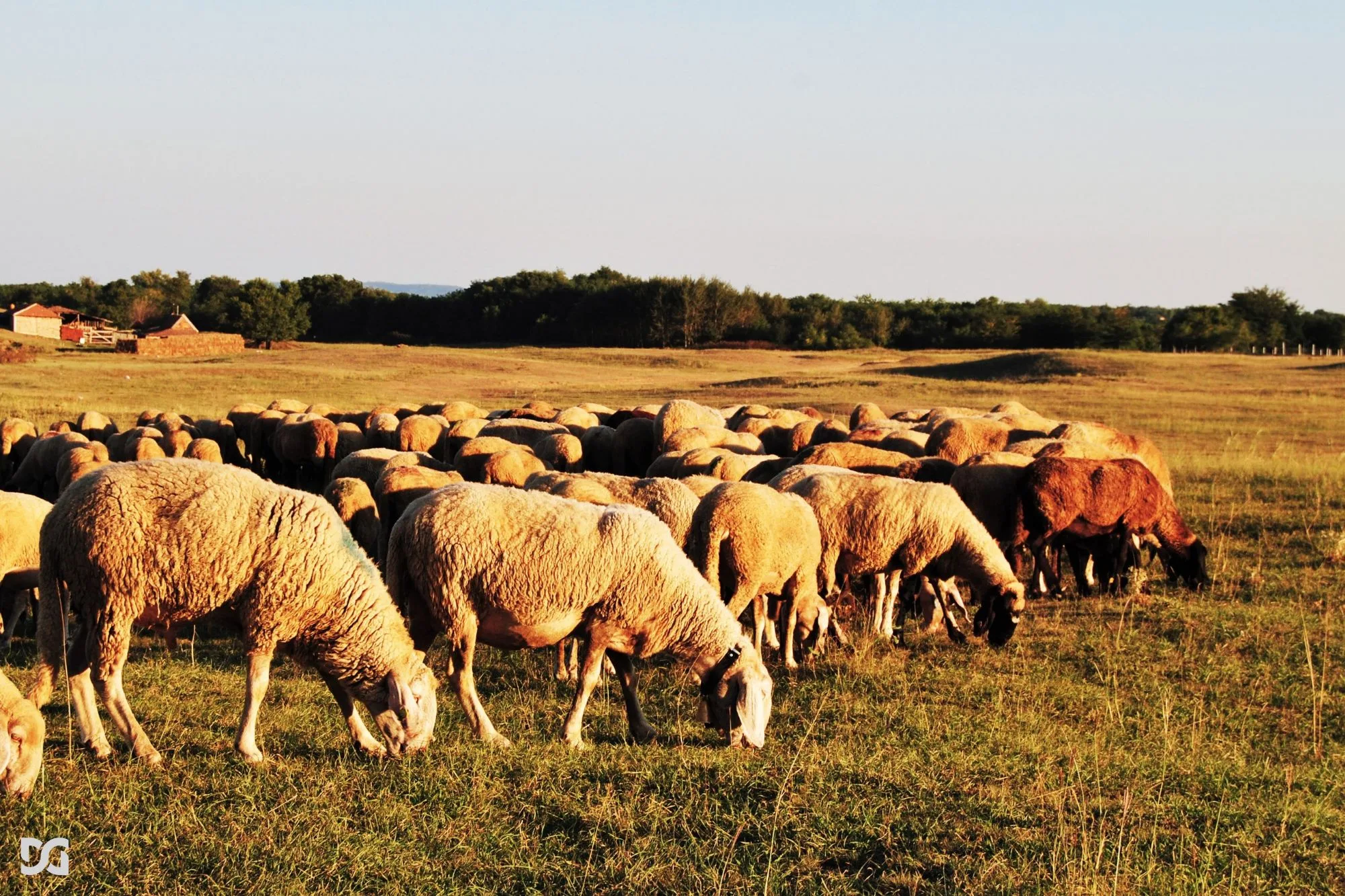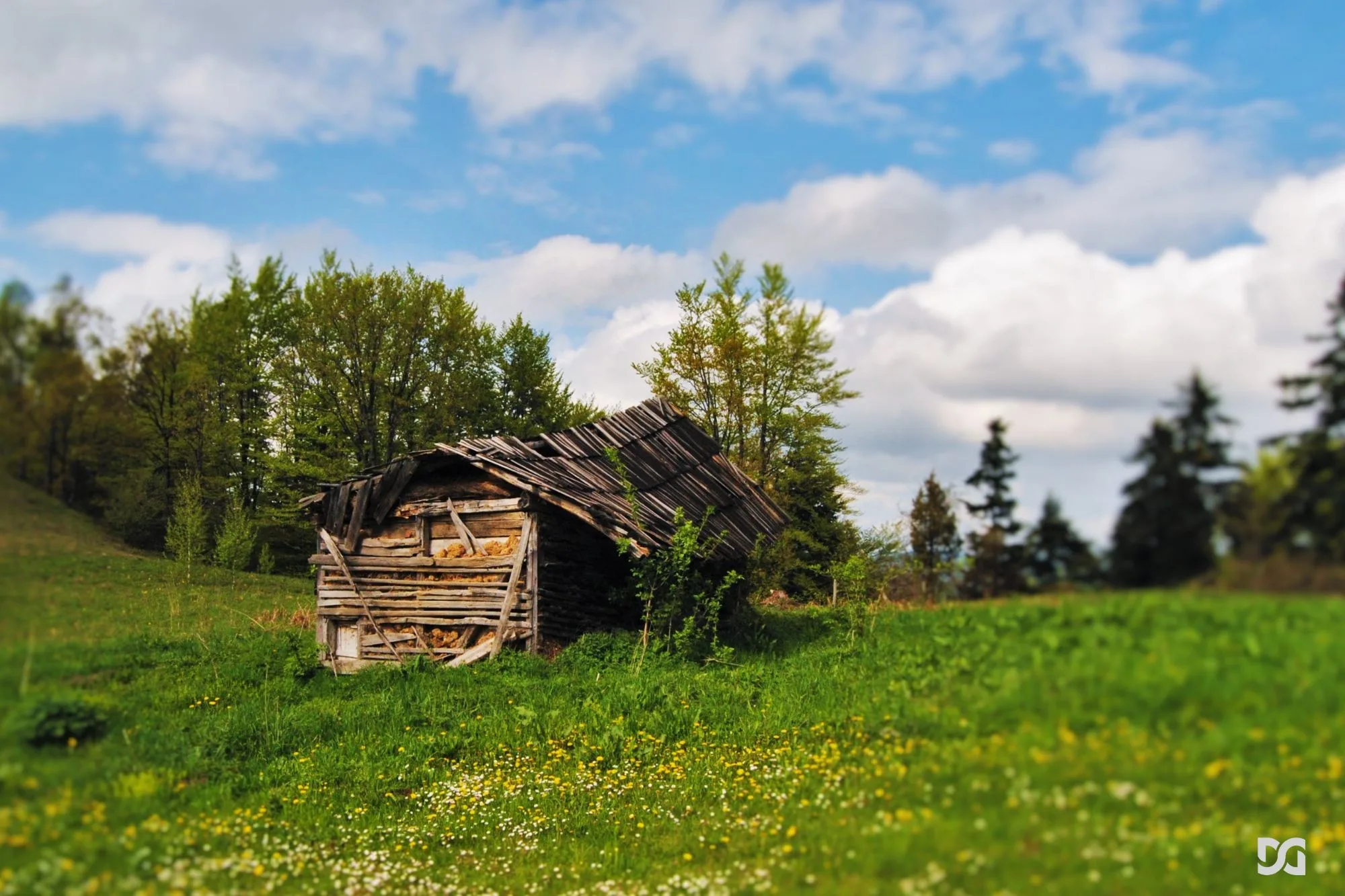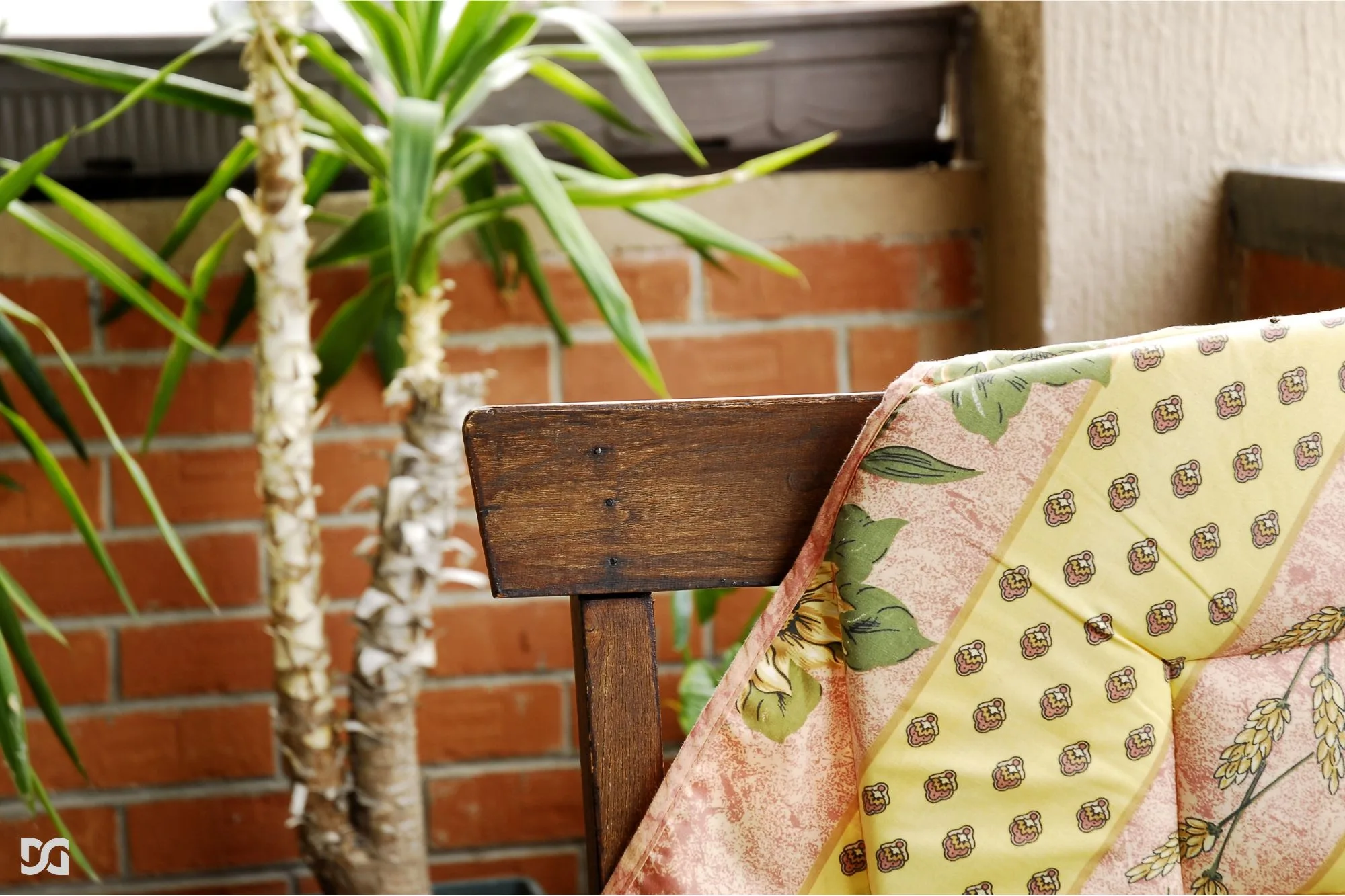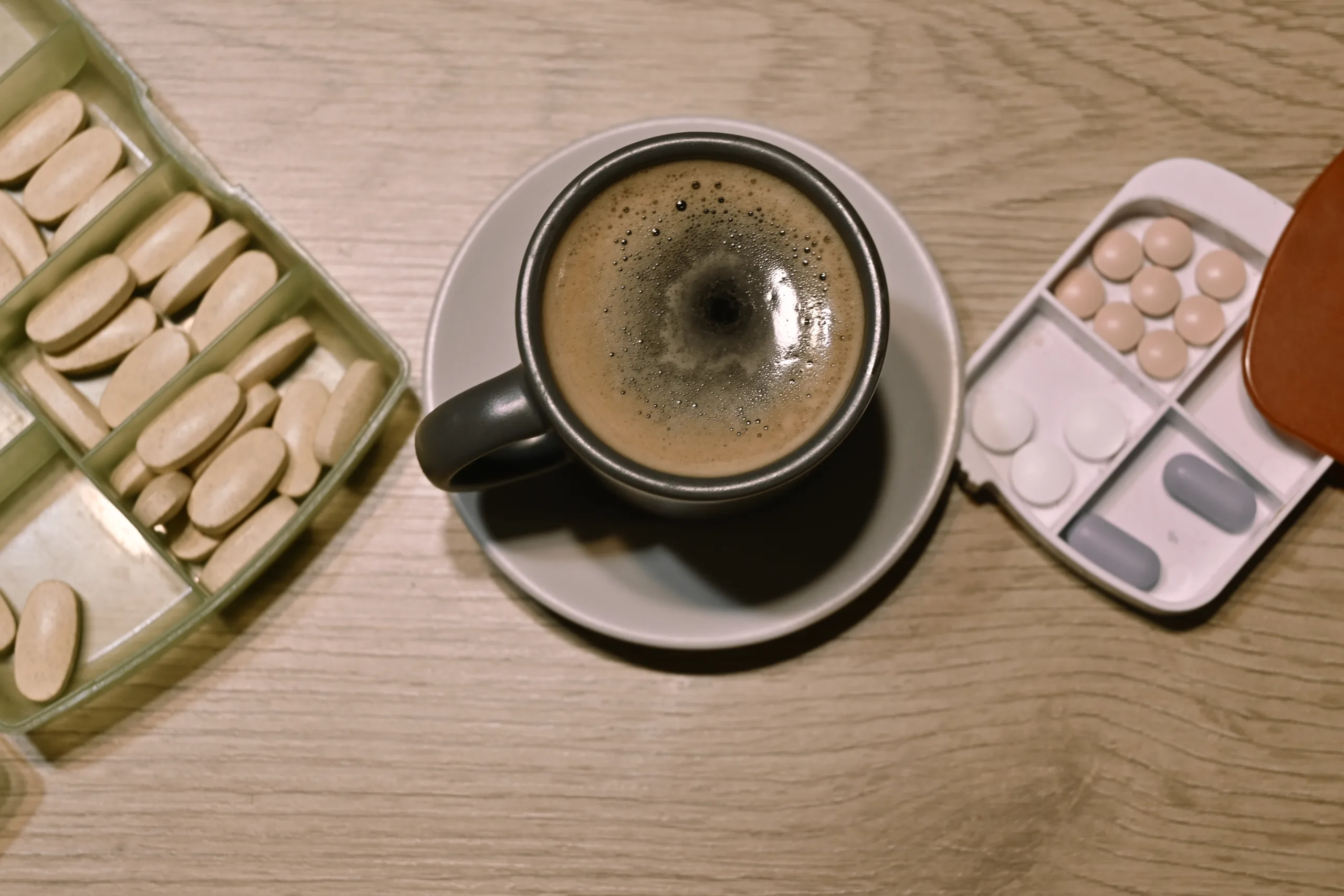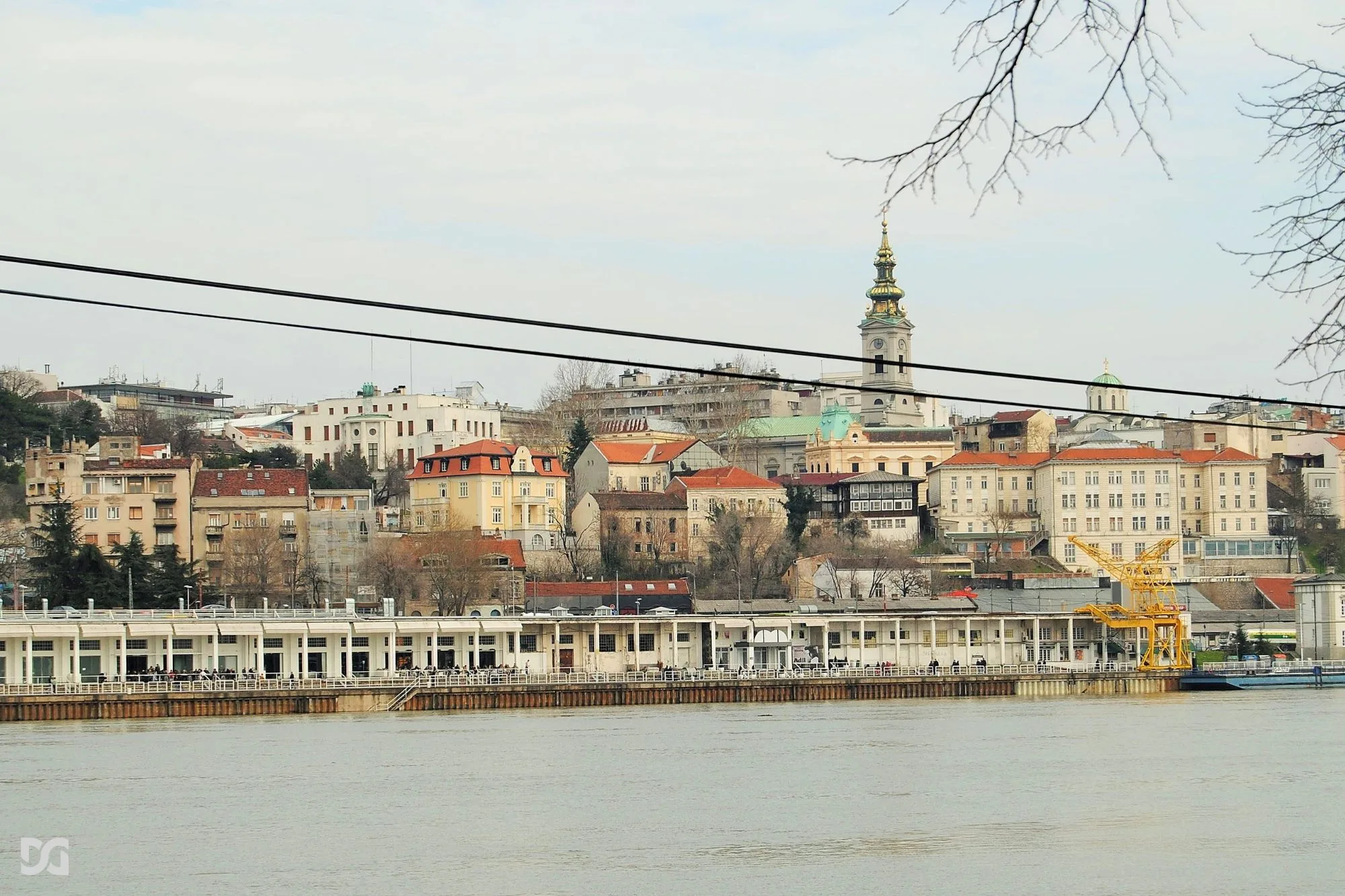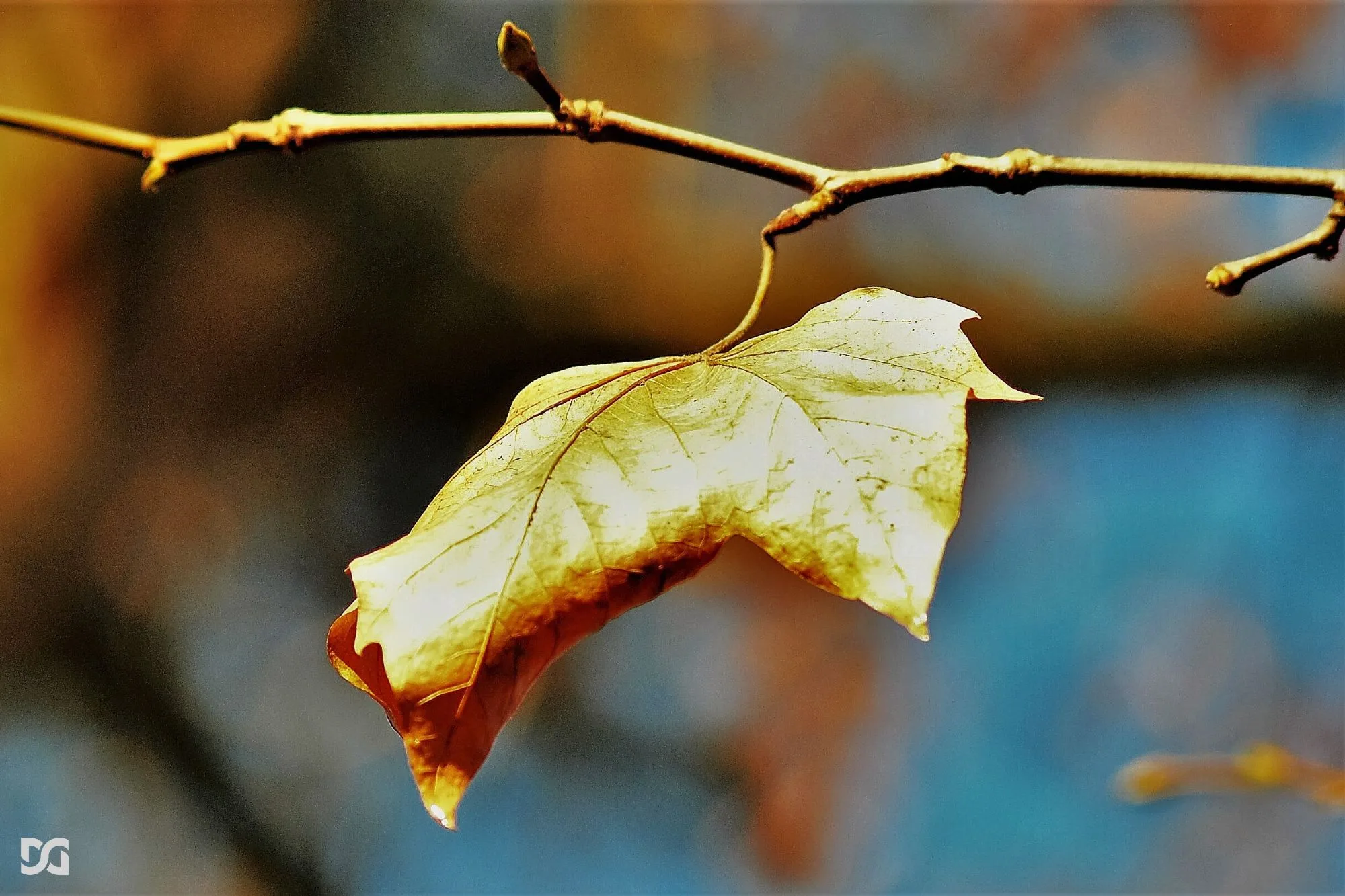I love mornings. As the day slowly unfolds, energy and enthusiasm grow, carrying with them endless potential and a gentle uncertainty, a subtle promise of the future.
In the family, mornings are reunions, when we gather around the family table after traveling in dreams. As we break the silence with spontaneous commotion and morning chatter, we enjoy the smells of coffee, tea, and breakfast.
Mornings are a beautiful part of life. However, the story is quite different when instead of inspirational scents and cheerful family dynamics, we are awakened by pain.
On that January morning, I woke up completely stiff. The night before had been without deep sleep.
When I say stiff, I don’t mean the tightness in the shoulder or the neck pain that sometimes occurs when we hit a bad pillow or spend the night in the wrong position. I mean stiffness of the muscles along the entire spine up to the neck. A pain that pierces the legs, tightens the back, twists the shoulders, and prevents any freedom of movement. Limitation of everything.
Lower back pain is an old ailment that I have been carrying for a full decade, living with it. Over the years, I got used to occasional mild stiffness or pain that warned me to “stop” and rest. However, that morning things were completely different. The old “friend” returned in a big way and decided to stay.
I inherited the predisposition for lower back disease as a gift from my grandfathers. It was one of those gifts we would rather not receive. Authentic family heritage passed down in my family from generation to generation and kept until the end of life.
Statistics say that the hereditary factor contributes to more than 30% of the manifestation of these diseases. In my case, it can be said that I “reheated” my predisposition with my frequent undisciplined behavior and unhealthy choices in the past. In other words, it can literally be said that countless sleepless nights, fluctuating obesity, and too much “self-indulgence” sent me to the hospital bed.
“In life, we carry unlimited possibilities, but also the potential to limit ourselves. Almost infinitely.” I get up, barely, helping myself with my hands where I can, grabbing onto whatever I can reach. If I lose my grip on the chair, I will roll onto the floor and stay there like a turtle, motionless, helpless. If I stand up, I stagger from one end to the other, as if dazed. Enjoying the morning with the standard coffee and cigarette becomes an impossible mission, a challenge for champions.
No hangover can compare to this. Hangovers bring the sweetness of regret, fatigue, occasional nausea, and psychological withdrawal into the abyss of memory.
However, I was now completely sober and aware that I couldn’t do anything. It was starting out to be a wonderful day, perfect for running or walking in the mountains. And here I was, dragging my feet on the floor. Every unsuccessful step increased my dissatisfaction.
And when I finally made it to our morning family table, supporting myself along the way like a drugged alcoholic, I had to down a whole set of pills with my morning coffee. Just to get through the day. At that moment, I felt how the potential of my life was infinitely decreasing. Every joy and anticipation vanished, gathered into a small black hole from which, as my neck and back hinted, I would not emerge soon, or maybe never.
Nature rules over all of us, so natural instinct also appears in these situations. The instinct for natural dying. Animal experts often say that when an animal feels incapable of performing its functions, it withdraws, drags itself into a dark corner, and rests, waiting to recover or die. When it feels like an easy target for predators, but also that it cannot function as a member of its community, it withdraws into isolation to face its sensitive, constantly changing nature.
So I, too, that January morning, wished to disappear. Every unsuccessful attempt to walk like a homo sapiens strengthened the feeling of shame and helplessness. When you find yourself in the lines of a hospital, surrounded by those who share your sick fate, things get a little easier. There you feel that you belong. But going out on the street, walking among others, the “healthy” world anymore is not an option. You wish society would exile you to some leper island, where everyone is like you – endlessly flawed without help.
However, optimism is also one of the natural phenomena. And finding optimism in moments of suffering is a gift of us humans.
Sitting there and dismissing enthusiasm for the next week, a moment of acceptance arises. A moment as long as a year and as strong as a rock.
In that moment, that latent endless potential in you awakens, saying “I want to run! I want to jump, to walk, to see and absorb more of life!”
More than ever, I want to stand tall and stride forward carefree!
“In moments when we feel trapped in a dark tunnel, we find the light ourselves to serve as a guide.” Optimism begins with gratitude. I am grateful for every step I have taken so far, grateful for every dance, for every hiking, for every sport I have engaged in.
And so, I thanked my back for all the previous steps, but also for those that await me, and I took the first step that morning. I took my medication with coffee.
